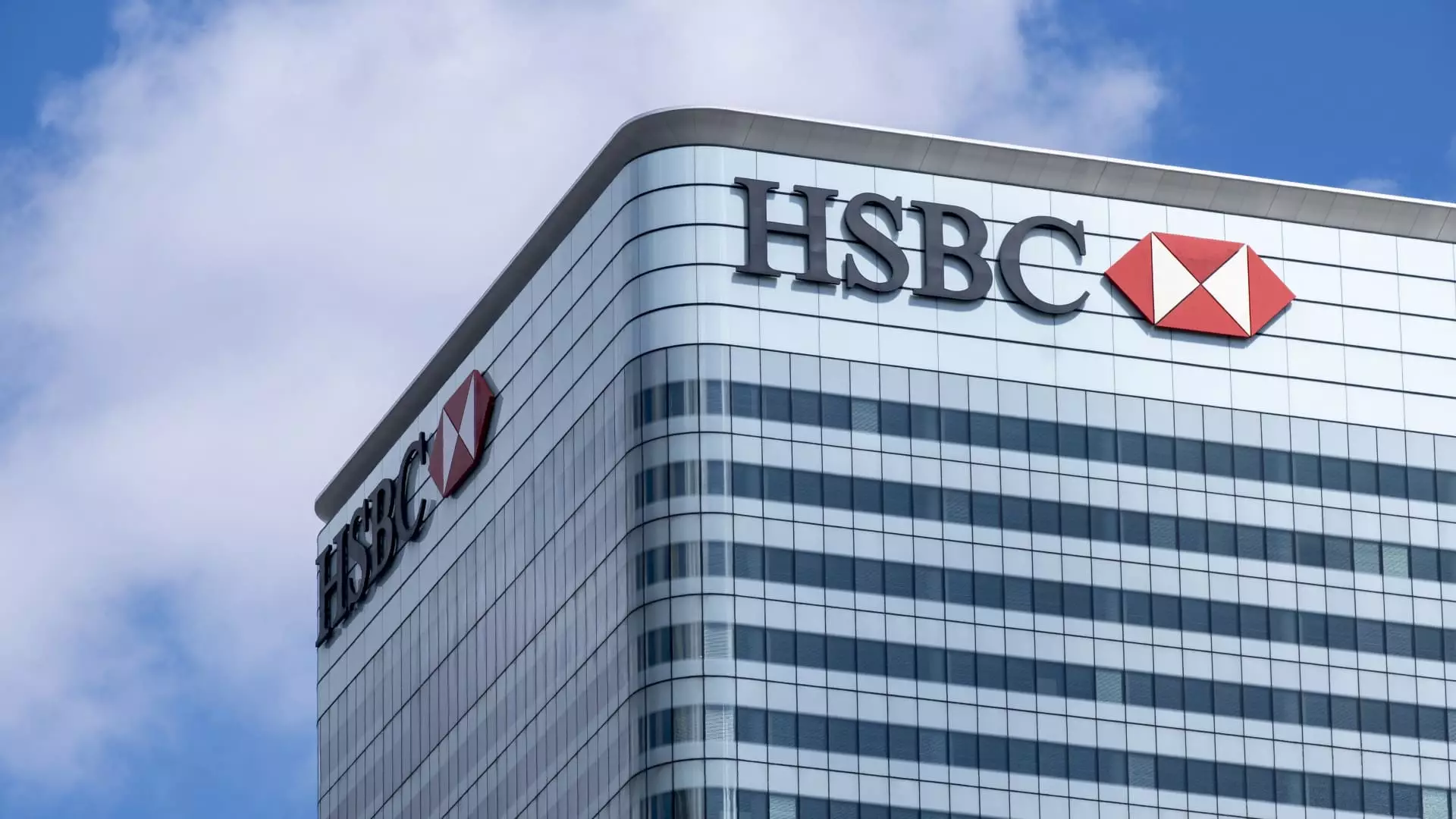On a significant note for the financial market, HSBC, Europe’s largest banking institution, reported a remarkable third-quarter performance that surpassed analysts’ expectations. The bank announced a pre-tax profit of $8.5 billion, which is a 10% increase from the $7.71 billion reported during the same period last year. This impressive growth was primarily fueled by a 5% surge in revenue, now totaling $17 billion—much higher than the anticipated $16.2 billion. Such statistics highlight HSBC’s resilient operational framework, particularly within its wealth and personal banking units, which have proven critical in bolstering overall profitability.
In a decisive move reflecting management’s confidence in current and future performance, HSBC revealed a plan for a share repurchase of up to $3 billion. This latest buyback program brings the cumulative amount for 2023 to an astounding $9 billion, following similar announcements in both the first and second quarters of the year. Share repurchases often signal to the market that a company believes its stock is undervalued and is committed to enhancing shareholder value. Furthermore, HSBC’s board has sanctioned a third interim dividend of $0.1 per share, showcasing a dual strategy focused on returning capital to shareholders while also reinforcing financial health.
Despite these positive headlines, the bank also reported a decrease in net interest margins—a crucial metric assessing profitability in lending operations. The margin fell by 24 basis points to 1.46% compared to 1.70% a year prior, lagging behind broker estimates that predicted a 1.56% margin. This decline complicates the narrative, suggesting that while the bank is performing well in some areas, it faces challenges in maintaining profitability within its lending segment, which could have implications for future growth.
In light of ongoing market dynamics and a desire to remain competitive, HSBC is undergoing a comprehensive restructuring initiative. The bank plans to reorganize into four distinct business units by January 2024: Hong Kong operations, U.K. banking, international wealth and premier services, and corporate and institutional banking. This strategic revamp aims to reduce operational redundancies and streamline processes, which HSBC’s CEO, Georges Elhedery, believes will create a more agile and effective organization. The appointment of HSBC’s first female finance chief underlines the commitment to diversity in leadership during this transition.
While HSBC’s financial results signal a robust performance buoyed by strong revenue streams and a proactive approach toward shareholder returns, the challenges in net interest margins and the structural changes set against the backdrop of evolving economic conditions highlight a nuanced landscape. The road ahead will require vigilance and strategic adaptability as HSBC navigates both opportunities and potential pitfalls in an ever-changing global financial arena.

